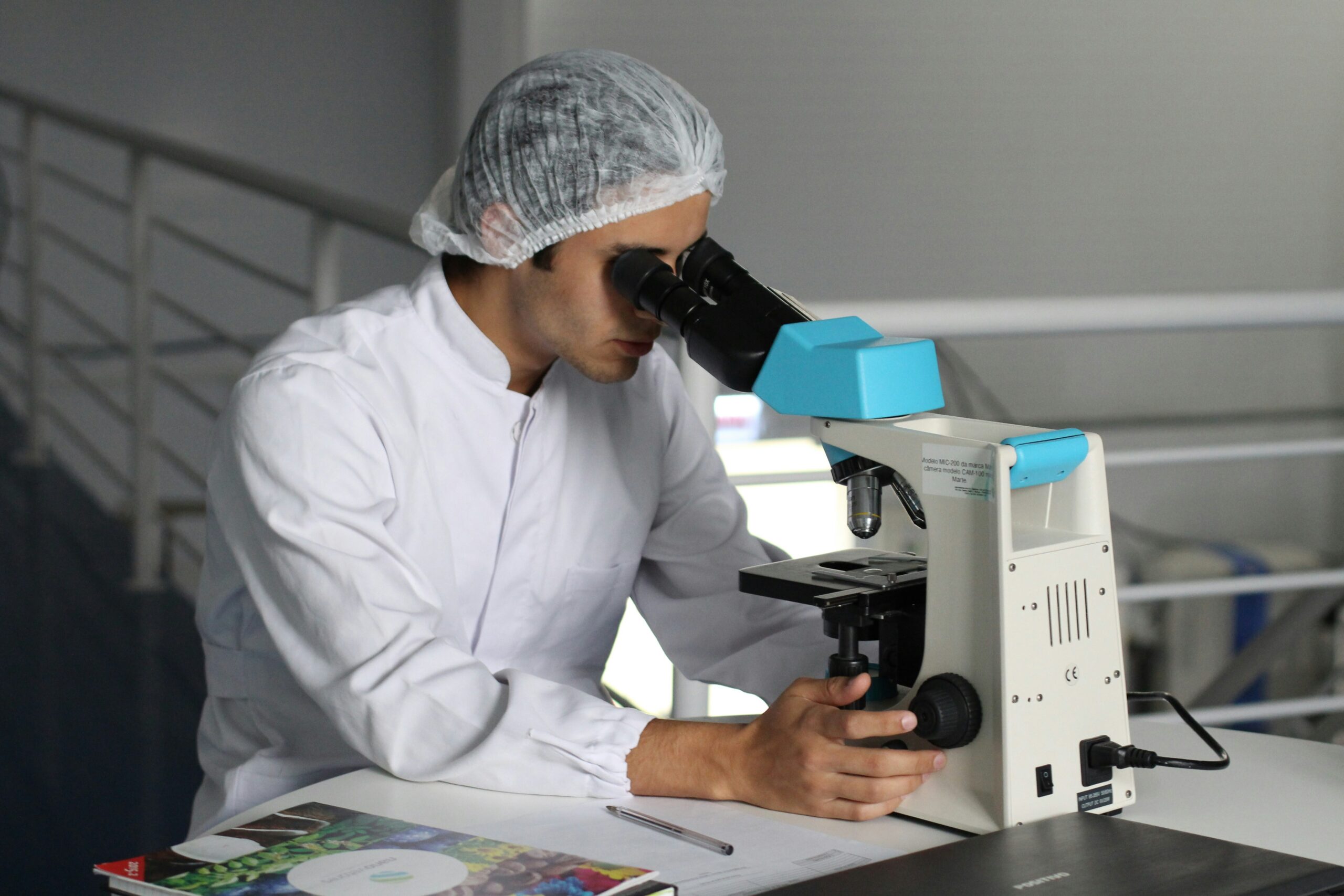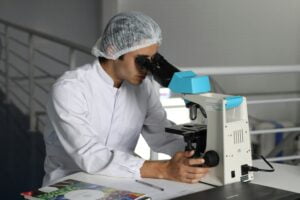By becoming a member of our site, you can add the content you like to your favorites, and present the content you have produced or liked on the internet to our site visitors with the send content option.
Zaten bir üyeliğiniz mevcut mu ? Giriş yapın
By becoming a member of our site, you can add the content you like to your favorites, and present the content you have produced or liked on the internet to our site visitors with the send content option.
You Can Benefit from All Options Exclusive to Our Members by Registering

Next Content:
Gene Editing Technologies: CRISPR-Cas9 and Beyond
Nanotechnology Applications in Medicine: Opportunities and Challenges

Nanotechnology has emerged as a groundbreaking field with immense potential, particularly in the realm of medicine. Its applications span from targeted drug delivery systems to advanced diagnostic tools, offering opportunities for revolutionary advancements in healthcare. However, along with these promises come significant challenges that must be addressed for the successful integration of nanotechnology into medical practice.
One of the primary opportunities presented by nanotechnology in medicine is its ability to precisely target diseased cells or tissues while sparing healthy ones. Nanoparticles can be engineered to deliver therapeutic agents directly to the site of action, minimizing systemic side effects. This targeted approach enhances the efficacy of treatments such as chemotherapy while reducing their toxicity.
Moreover, nanotechnology enables the development of more sensitive and specific diagnostic techniques. Nanoscale biosensors can detect biomarkers associated with various diseases at an early stage, facilitating timely intervention and improving patient outcomes. Additionally, imaging modalities enhanced by nanomaterials offer unprecedented resolution and contrast, aiding in the accurate diagnosis and monitoring of conditions like cancer and neurological disorders.
Furthermore, nanomedicine holds promise for personalized healthcare, as nanoparticles can be tailored to individual patients based on their unique biological characteristics. This customization enhances treatment efficacy and reduces the likelihood of adverse reactions, representing a significant step towards precision medicine.
Despite these opportunities, several challenges must be overcome to realize the full potential of nanotechnology in medicine. One such challenge is the safety of nanomaterials. Concerns exist regarding their long-term effects on biological systems, including potential toxicity and immunogenicity. Addressing these safety concerns requires comprehensive studies to assess the biocompatibility and pharmacokinetics of nanomedicines.
Another challenge is the scalability and cost-effectiveness of nanotechnology-based medical interventions. While research prototypes demonstrate impressive results, translating these innovations into commercially viable products suitable for widespread clinical use remains a hurdle. Overcoming barriers related to manufacturing processes, regulatory approval, and cost optimization is essential for the widespread adoption of nanomedicine.
Additionally, ethical and societal considerations surrounding the use of nanotechnology in medicine cannot be overlooked. Questions arise regarding patient privacy, informed consent, and equitable access to nanomedicines. It is imperative to engage stakeholders, including patients, healthcare providers, policymakers, and ethicists, in discussions about the responsible and equitable implementation of nanotechnology in healthcare.

In conclusion, holds great promise for revolutionizing medicine by enabling targeted therapies, precise diagnostics, and personalized treatments. However, realizing these potential benefits requires addressing challenges related to safety, scalability, and ethical considerations. Through collaborative efforts among researchers, clinicians, regulators, and society as a whole, nanotechnology can fulfill its transformative role in advancing healthcare.
We offer our respects and wish you a good reading. – Who Learns What? Team!
Dont forget the comment here mate! 🙂 you can connect us!
- On-Site Comments































